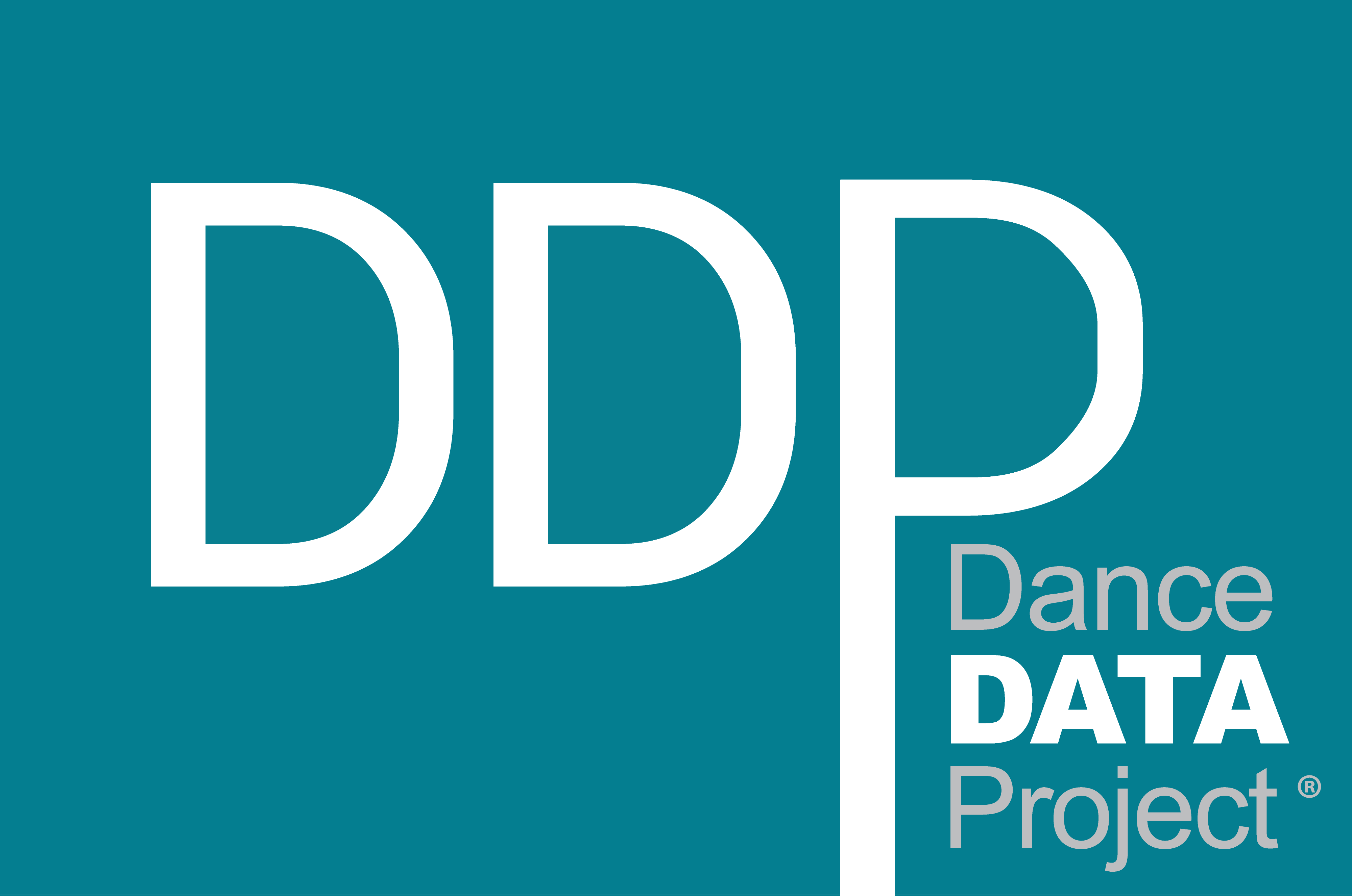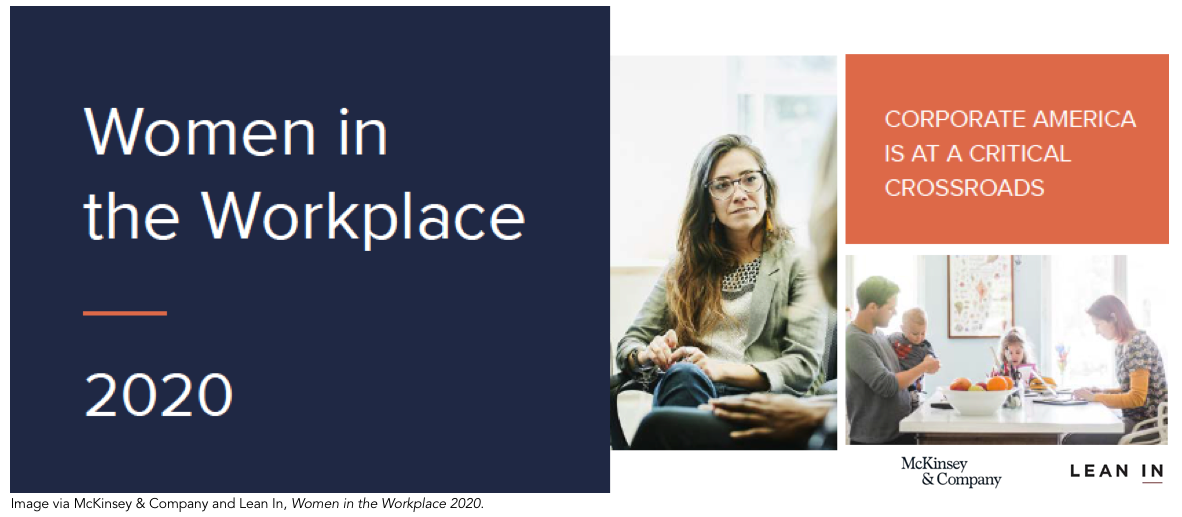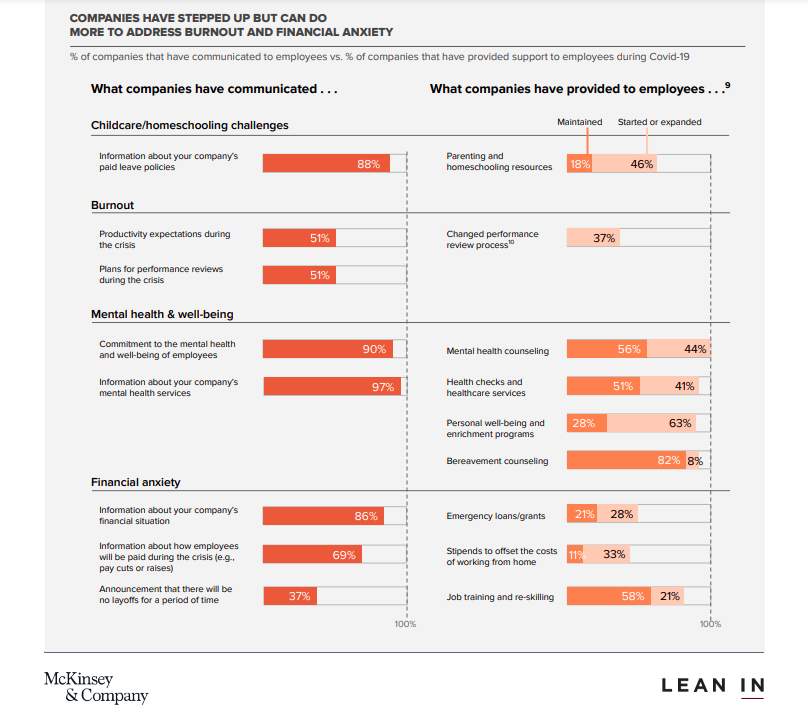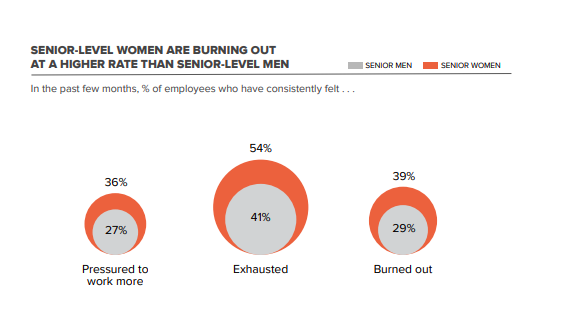Our Top Takeaways From Lean In’s Annual Women in the Workplace Study
The DDP team has pulled together some of our favorite findings from McKinsey & Company and Lean In’s 2020 study on the state of women in corporate America.
In 2015, McKinsey & Company and LeanIn.Org launched a study to help companies advance diversity in the workplace. This year’s report focuses on “how the pandemic has affected women at work (including the unique impact on women of different races and ethnicities, working mothers, women in senior leadership, and women with disabilities),” as well as the “emotional impact of incidents of racial violence in this country on employees” and changes in female representation over the past six years and “how Covid-19 could disrupt those trends going forward.”
DDP’s Key Takeaways
Introduction to the Study
The following introduction is featured on page 6 of McKinsey & Co. and Lean In’s study.
Covid-19 has disrupted the workplace in ways we’ve never seen before
This is the sixth year of the Women in the Workplace study—a year unlike any other. The events of 2020 have turned workplaces upside down. Under the highly challenging circumstances of the Covid-19 crisis, many employees are struggling to do their jobs. Many feel like they’re “always on” now that the boundaries between work and home have blurred. They’re worried about their family’s health and finances. Burnout is a real issue.
Women in particular have been negatively impacted. Women—especially women of color—are more likely to have been laid off or furloughed during the Covid-19 crisis, stalling their careers and jeopardizing their financial security.
The pandemic has also intensified challenges that women already face in the workplace. Working mothers have always worked a “double shift”—a full day of work, followed by hours spent caring for children and doing household labor. Now the supports that made this even possible for women—including school and childcare—have been upended.
Meanwhile, Black women already face more barriers to advancement than most other employees. Today they’re also coping with the disproportionate impact of Covid-19 on the Black community. And the emotional toll of repeated instances of racial violence falls heavily on them.
Facts & figures
Need a visual? The following figures break down some more key findings from the study. We also encourage you to view more graphic representations of Lean In and McKinsey’s research in the full report, linked at the end of this post.
The following figure breaks down efforts by employers to address the Covid-19 crisis. Source: Women in the Workplace 2020
However, the disproportionate amount of women affected leaves females, even at the senior level, subject to further discrimination and burnout, as illustrated in the figure below. Source: Women in the Workplace 2020
Source: Women in the Workplace 2020






